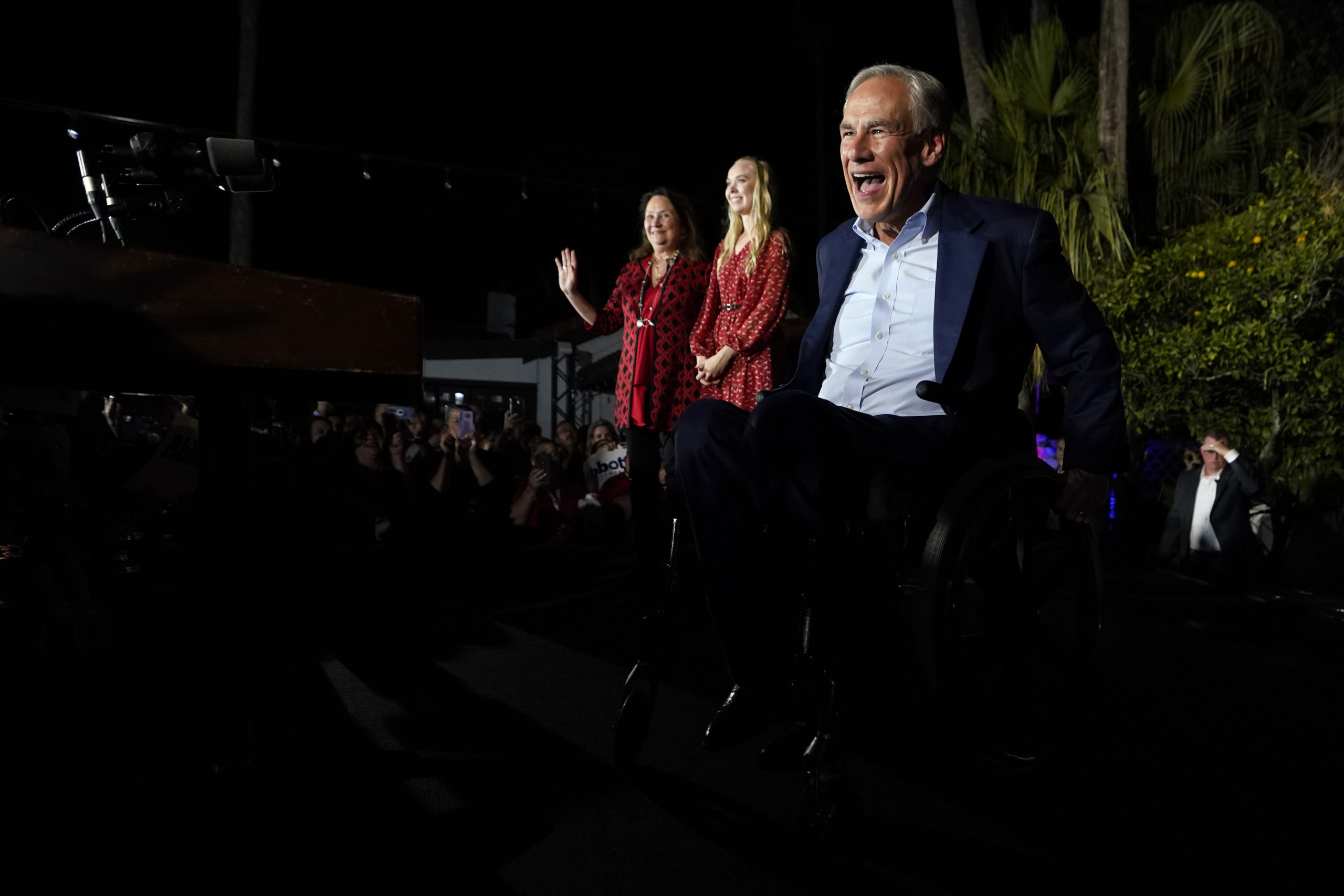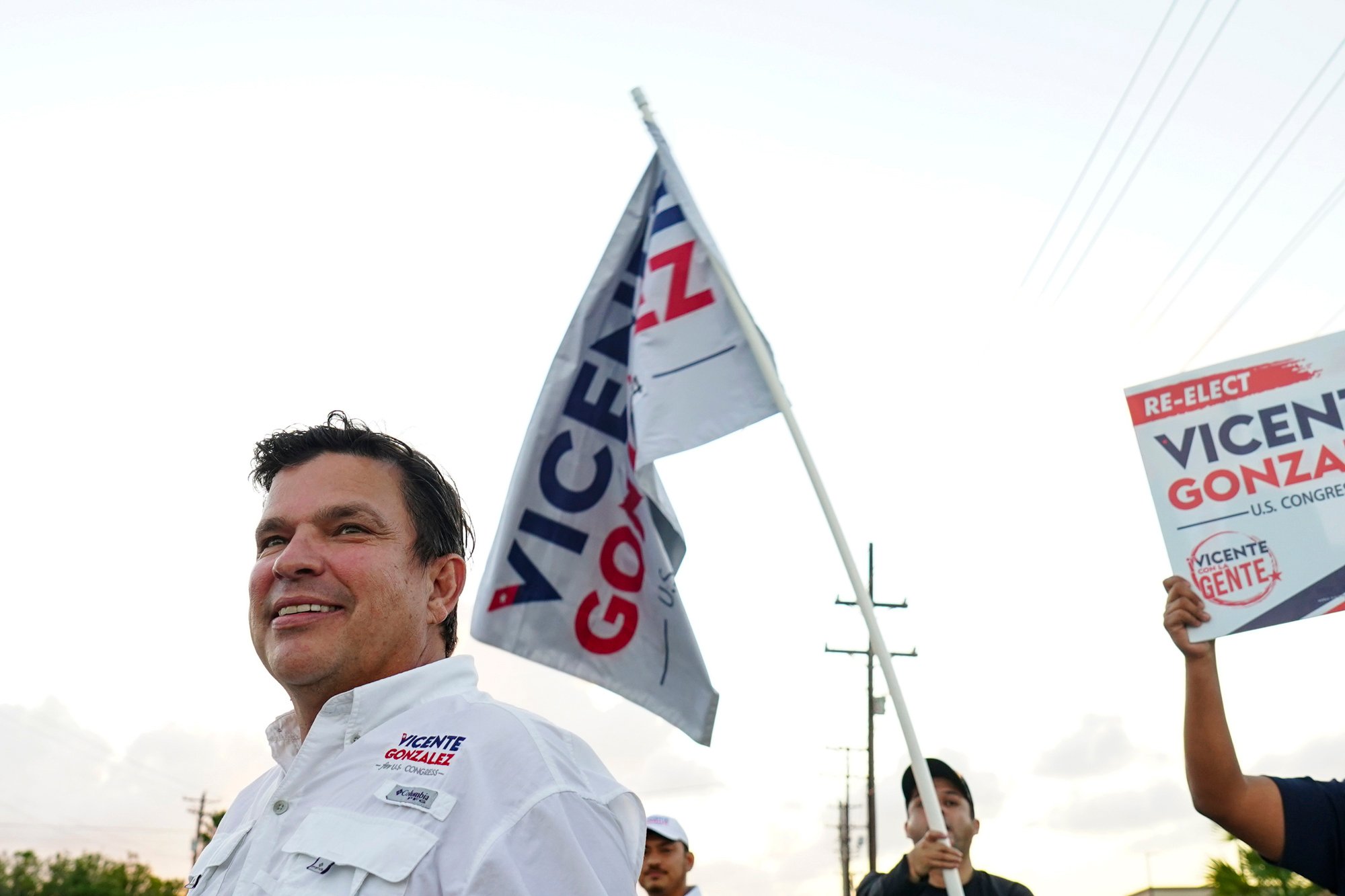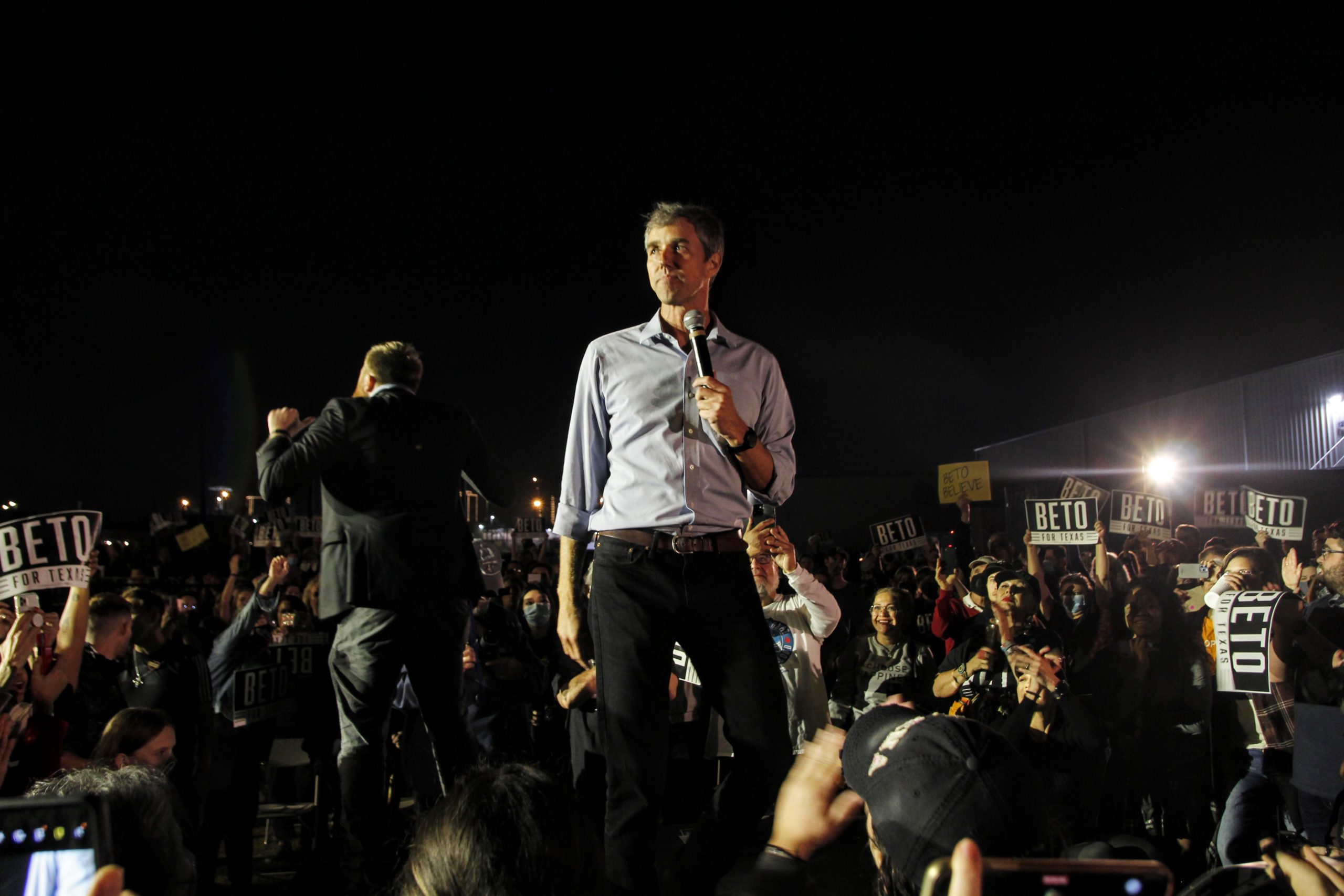
Growing Secular Movement Could Indicate Change in Political Tide — Even in Texas
“Elected officials are using their narrow Christian beliefs to create laws and policies to the detriment of the population of all Texans,” a state House candidate said.
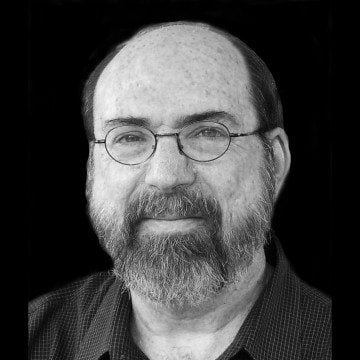
“The future of American voters is secular.”
So said Sarah Levin of the Washington, D.C., nonprofit Secular Coalition for America, speaking to a standing-room-only crowd at the Texas Democratic Party Convention in Fort Worth Friday. The occasion was the second-ever meeting of the Secular Caucus, a Democratic group aiming to represent the legislative agenda for roughly 6 million nonreligious Texans.
Levin’s prediction probably overstates the case; religious belief in America isn’t going away soon, if ever. But the enthusiastic turnout of about 250 delegates, coupled with candidates’ growing willingness to identify as secular, points to what may be a turn in the political tide — even in religious-right Texas, where the state constitution still mandates that officeholders “acknowledge the existence of a Supreme Being.”
James White, a progressive activist from Dallas who helped to organize the group’s caucuses at the 2016 and 2018 conventions, said that he couldn’t find any candidates willing to speak at the first convention caucus two years ago. The story was very different this time around: a state Senate candidate, three candidates for the state House, and several local government hopefuls signed up to speak.
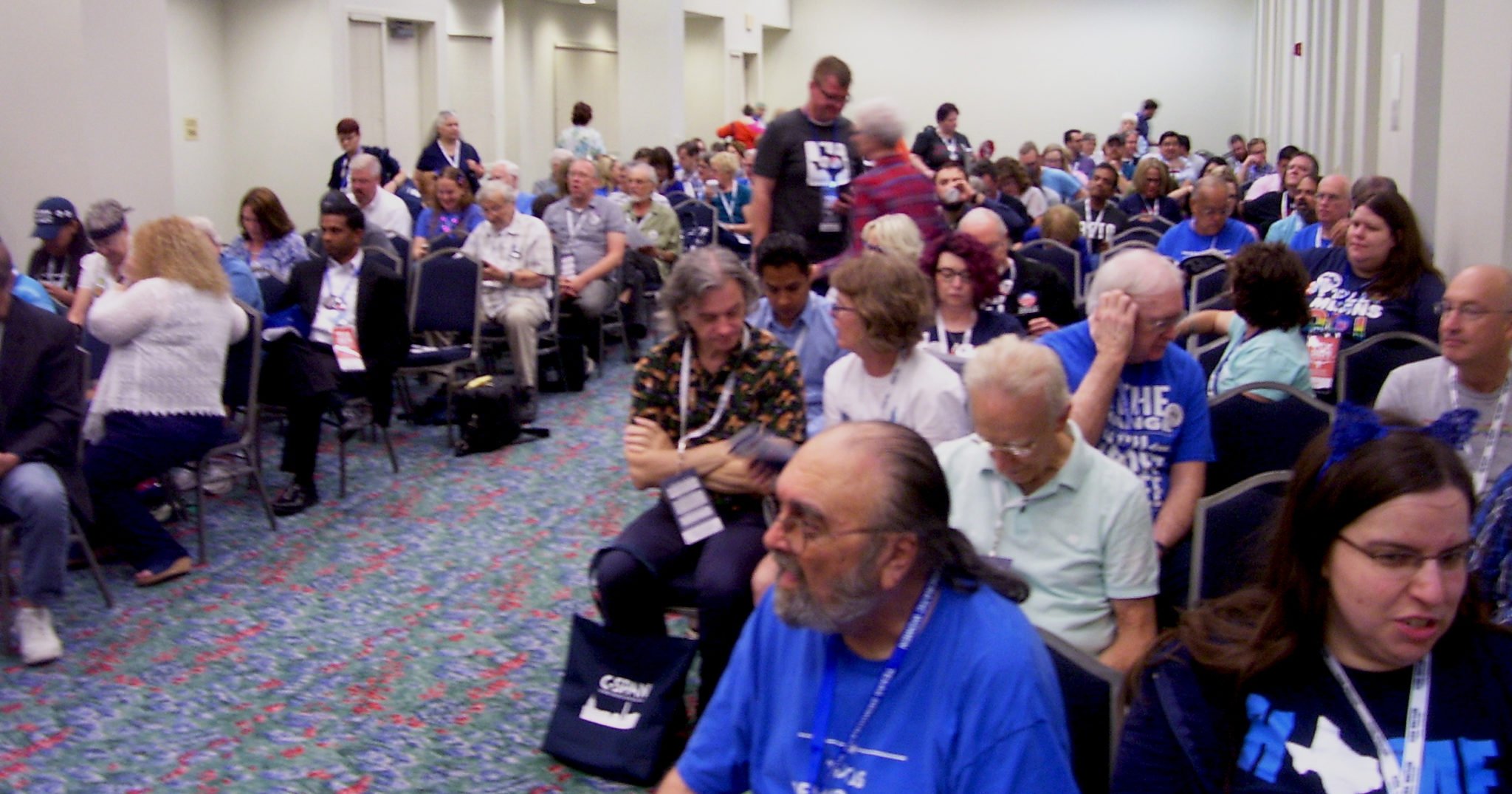
That new willingness may be due in part to demographics. As Levin said, “The religiously unaffiliated are now the … fastest-growing religious group in the country.” The polls back her up. While the share of all major Christian groups has declined slightly since 2007, the percentage of religiously unaffiliated — atheists, agnostics and those who don’t belong to any particular religion — has risen sharply. Both nationally and here in Texas, one in five people are not affiliated with any religion. And as Levin noted, the religiously unaffiliated “skews very young.” Thirty-five percent are under the age of 30.
The backlash against religious-right dominance of state and national politics was a common theme at today’s caucus meeting. Speakers criticized anti-LGBT and other “religious freedom” laws that they say privilege conservative Christians over other religious and nonreligious Americans. The caucus is also pushing for a resolution to be adopted by the state party aiming to eliminate the aforementioned section of the state constitution.
Kendall Scudder, who’s running against religious hard-right incumbent Bob Hall in state Senate District 2, focused on what he called the “all-out assault on science” in Texas public schools. “It is time to rein in that State Board of Education and make sure they are teaching the importance of science to our kids and that they understand that facts are facts,” Scudder declared, to raucous applause.
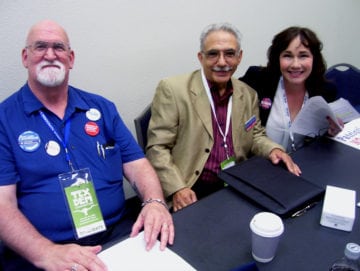
Another speaker, Alec Johnson, a self-identified deist who is running against incumbent state Representative Travis Clardy, R-Nacogdoches, told me that “the theocratic embrace of the GOP is part of the 1 percent’s project of domination. It is literally unconstitutional and an existential threat to most Americans.”
“Elected officials are using their narrow Christian beliefs to create laws and policies to the detriment of the population of all Texans,” said Laura Gunn, running against incumbent Justin Holland, R-Rockwall, for state House District 33. The district includes Frisco, where 1 in 5 citizens are foreign-born. “My platform is purely secular,” Gunn said. “I will make sure that my culturally diverse community is fairly represented. … No one deity can be given preference over others, according to our Founding Fathers.”
Despite the shift, it’s doubtful that explicitly secular candidates will have a very high success rate this cycle in the Buckle of the Bible Belt. The candidates who spoke today face an uphill climb, even in what Observer writer Justin Miller calls “one of the most advantageous and aspirational political climates in years” for Democrats.
Yet the times they are a-changin’ — and so are the demographics. As the saying goes: Watch this space.
